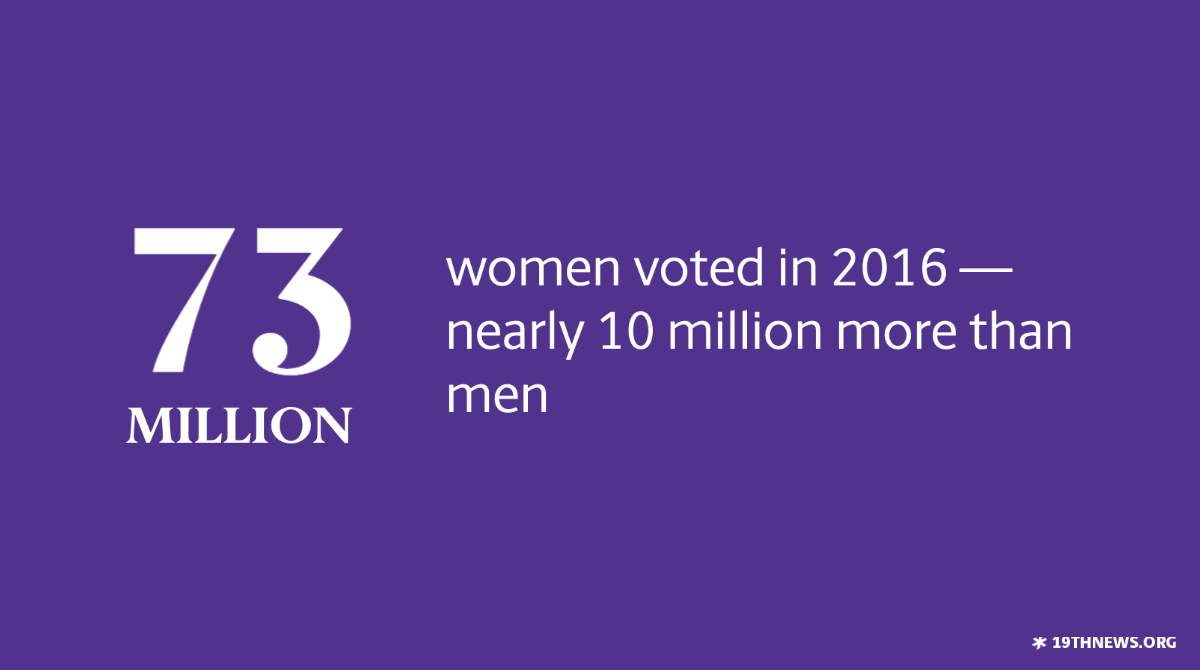
Tonight's #VPDebate did not cover LGBTQ+ issues.
Multiple presidential forums have aired since the conventions. All of them skipped over LGBTQ+ issues.
Background from @shoeleatherkate: bit.ly/3carNIG
Multiple presidential forums have aired since the conventions. All of them skipped over LGBTQ+ issues.
Background from @shoeleatherkate: bit.ly/3carNIG
2/ More from our coverage —
Across the nation, LGBTQ+ people are debating fast-tracking major life changes: weddings, gender-confirming medical care, legal name changes.
It's all in anticipation of a 6-3 Supreme Court conservative majority. bit.ly/30s4J3N
Across the nation, LGBTQ+ people are debating fast-tracking major life changes: weddings, gender-confirming medical care, legal name changes.
It's all in anticipation of a 6-3 Supreme Court conservative majority. bit.ly/30s4J3N
3/ Joe Biden has promised action on LGBTQ+ issues starting on day one. But undoing four years of anti-LGBTQ+ policy may take decades. bit.ly/347x3JC
4/ Five years after the Supreme Court made marriage equality the law of the land with Obergefell v. Hodges, two conservative justices are calling that ruling into question.
It could preview the court's agenda if Amy Coney Barrett is confirmed. bit.ly/33EJRrS
It could preview the court's agenda if Amy Coney Barrett is confirmed. bit.ly/33EJRrS
5/ Kamala Harris is among the earliest prominent politicians to back marriage equality, but her record on trans rights has led some LGBTQ+ voters to pause. bit.ly/30FHO4L
6/6 We're committed to covering these stories. Find more of @shoeleatherkate's reporting here: 19thnews.org/topics/lgbtq/
• • •
Missing some Tweet in this thread? You can try to
force a refresh





